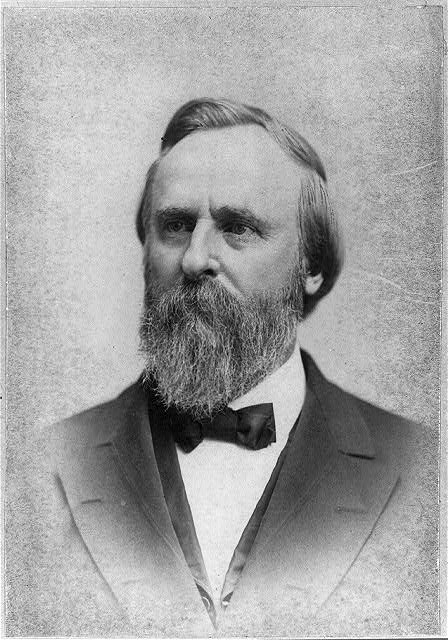
The end of Reconstruction marked a pivotal moment in American history, with Rutherford B. Hayes at the forefront of this turning point. As the 19th President of the United States, Hayes faced numerous challenges during his presidency – from political corruption to economic instability. But it was his role in ending Reconstruction that would forever shape America’s future.
Hayes’ Role in Reconstruction
Hayes’ role in Reconstruction was significant in that he was one of the main driving forces behind the movement. He was also one of the key players in ensuring that the Southern states were brought back into the Union following the Civil War. While there were many other individuals who played a role in Reconstruction, Hayes was definitely one of the most important.
Civil Service Reforms Under Hayes
Under President Rutherford B. Hayes, the United States saw a series of civil service reforms that aimed to increase efficiency and rid the government of corruption. These reforms were a direct response to the rampant corruption that had been exposed during the Grant administration, and they helped to restore public faith in the government.
One of the most significant reforms was the creation of the Civil Service Commission, which was tasked with overseeing all federal employees and establishing clear rules for hiring and promotion. This helped to end the practice of awarding government jobs based on political favoritism, and it made it easier for qualified candidates to get hired.
Other notable reforms included a ban on appointing family members to government positions, an end to pension benefits for former Confederates, and stricter penalties for corrupt officials. These changes helped to clean up the government and make it more efficient, setting the stage for continued reform in the years to come.
Impact of Hayes’ Presidency on American History
Hayes’ election marked the end of Reconstruction and a turning point in American history. His presidency signaled a retreat from the federal government’s active role in protecting the rights of African Americans. Hayes was also instrumental in de-escalating the tension between the North and South, which paved the way for a period of healing and prosperity known as the “Gilded Age.”
Opposition to Reconstruction and the Compromise of 1877
After the Civil War and during Reconstruction, many white Southerners opposed the federal government’s attempts to ensure civil and political rights for African Americans. They used a variety of methods to resist Reconstruction, including violence, intimidation, and fraud. In 1877, the opposition to Reconstruction finally succeeded when the federal government withdrew its troops from the South. This withdrawal marked a turning point in American history because it signaled the end of Reconstruction and the beginning of Jim Crow segregation.
The Legacy of Rutherford B. Hayes
Rutherford B. Hayes’ role in the end of Reconstruction marked a profound turning point in American history, and his legacy still reverberates today. He was a champion for civil rights and an advocate for equal justice under the law, even amidst strong political opposition from both sides of the aisle. His actions helped to bring about racial equality, not only within this country but across the world. We owe it to Hayes and all those who fought for freedom during that tumultuous time period to continue their work in striving towards a more just society with liberty and justice for all.